A Catholic his entire life, senior Blake Loncharich attended St. Elizabeth Ann Seton Catholic Church in Carmel for 12 years before his family briefly switched to St. Maria Goretti Catholic Church in Westfield for two years. After that short period, the Loncharich family went back to St. Elizabeth Ann Seton.
The reason for the switch, according to Blake’s mother Gloria Loncharich, also a lifelong Catholic, was the amount of youth activities that St. Maria Goretti had at the time compared to that of St. Elizabeth Ann Seton.
“The fact that they had more youth activities was important to us. Seton does now, but they didn’t then,” she said.
Blake Loncharich said that he thinks youth activities, or youth oriented church services, are important to keeping youth interested in the Church.
“You aren’t taught stuff that applies to youth in mass, because it is concentrated on the gospel, not everything that goes on in a specific teenager’s life. When you go to (youth) bible study, they always bring it back to what youth can understand,” he said.
Because of his belief in the importance of the church appealing to younger members, Loncharich said he is very excited about Pope Francis I, who was elected the 266th pope of the Roman Catholic Church on March 13, 2013. This followed the resignation of Pope Benedict XVI on February 28 of that same year, the first pope in centuries to step down from his post. Pope Francis is also the first pope from South America.
Loncharich is not alone in this view. According to a 2014 study by Pew Research, 71 percent of U.S. Catholics believe that the election of Pope Francis I represents a major change in the direction of the Catholic Church for the better. Currently, 85 percent of U.S. Catholics have a very favorable or mostly favorable view of the pope.
“He really appeals to a lot more youth, and I think he is really more connected,” Loncharich said. “I love seeing pictures of the pope doing ‘selfies’ with kids he meets. That’s relating to (the youth) in some way.”
It was recently confirmed, according to The New York Times, that Pope Francis will be making his first papal visit to the United States in September of 2015 to attend the World Meeting of Families.
“It is a long awaited moment,” said Loncharich. “The last time a pope was in the States was in 2008, so it sort of seems overdue. It is a huge thing for Catholics, to think that we are going to be real close to him. Some people are even counting down the days.”
Father Richard Doerr, a pastor at Our Lady of Mount Carmel Catholic Church, agrees that Pope Francis has a unique kind of popularity with some members of the Church.
“Yes, people are very positive,” he said. “He could inspire a lot of individuals.”
According to Father Doerr, a leading priority that is relatively new within the Catholic Church is the idea of re-evangelization, the idea that gospel should be spread not only to places where it has not been before but also to places where it has already been, such as places in Europe.
“The Church in Europe has suffered greatly. Protestants and Catholics in the U.S. go to church a lot more than Catholics in Europe,” he said. “I think this pope is making contributions to this, particularly in making sure the Church administers to the poor.”
Loncharich agrees that re-evangelizing should be a priority of the Church.
“They should want more people to join the Catholic faith. You don’t always see the young people in church anymore,” he said. “I think that holds true here in Indiana and other places as well.”
Despite this spike in optimism, neither Loncharich nor Doerr have seen any increases in mass attendance at their respective churches, but Loncharich remains hopeful.
“I’m excited about the potential for his positive influence,” Loncharich said.
The survey also stated that since March of 2013, when Pope Francis was elected, there has been a spike of people who think the Catholic Church in the next 30 years will change its stance on several issues, such as allowing priests to get married, allowing women to be priests and allowing Catholics to use birth control.
Many have also felt that the papacy of Pope Francis has ushered in a new stance to the church regarding homosexuality, with the pope being quoted as saying in sermon, “If someone is gay and he searches for the Lord and has goodwill, who am I to judge?”
Doerr said that he thinks Francis may be changing the dialogue of the Catholic Church but not necessarily enacting any major change.
“What you have to understand about Catholicism is that we are a dogmatic faith that believes in truth, and some truths such as the Holy Trinity are unchanging,” he said. “What Francis is saying is that we cannot come out leading with (discussions of these issues). We have to start by teaching who the person of Jesus is and convince people to love Jesus first. Then they might be interested in what we have to say about other issues.”
Loncharich said that he is doubtful that Pope Francis would make changes in those areas.
“Changing something like that would really anger a lot of the old school Catholics,” he said.
Loncharich may be correct in his assumption. In October, the final report of a synod on the family was scrapped of several new languages that was viewed as a shift in the attitude of the church towards gay people. A section mentioning the “gifts and qualities” gay people can offer, as well as recognition of the “precious support” same-sex partners can give each other, did not receive a two- thirds majority of bishops supporting it that it need to pass, according to The Guardian.
Although Loncharich does not necessarily agree with exactly what Pope Francis has said about homosexuality, he said that, “(Pope Francis) is doing what is right, though. The Catholic Church is very clear on its position on gays, however it is the church’s policy to grant forgiveness. He is a model to us. He reminds us to set aside our personal beliefs and do what we are supposed to according to the teachings of Jesus.”
Although many may see Pope Francis as a progressive pope, Gloria Loncharich disagrees with that assertion.
“Progressive isn’t usually a term used in the church. But maybe he is just doing more of what we need to be doing, like reaching out to people,” she said.
Doerr also rejects this view.
“People have this idea that just because Pope Francis is changing the subject, he is changing the policy. But that would be changing truth, which he cannot do,” Doerr said.
Pope Francis’s ability to reach out to people is what contrasts him most for the former pope, Benedict XVI, according to Doerr.
“There is some credibility in his ability to reach out to the common man because he has spent time in some of the poorer areas of Argentina,” he said. “Francis was a pastor, and was known for his pastoring of people, whereas Benedict was more of an intellect and an introvert.”
Doerr also said he thinks that the arrival of the new pope may be changing the perception of the Catholic Church from the outside for many of the same reasons.
“I think (the outside perception) has changed a little because Pope Francis comes to the office with a particular love of the poor,” he said. “There is always interest when there is a new pope.”
Both Loncharich and his mother agree that the pope, no matter which pope, has a large influence over Catholics, even in America.
“Everything the pope does is supposed to be coming from God, and he has a huge influence on the things we do, and the things we pray for in our congregation,” Mrs. Loncharich said.
“He is the voice, even as a little Catholic in Indiana. He is who you look up to,” Loncharich added.
Loncharich also said that he thinks that this pope in particular will be helpful for churches in America.
“He is good for public relations, which is good for all Catholic churches, including the ones here,” he said.
However, Doerr cautions that the true effects of Pope Francis are yet to be seen.
“He is still a new pope for us. The jury is still out for him,” Doerr said.















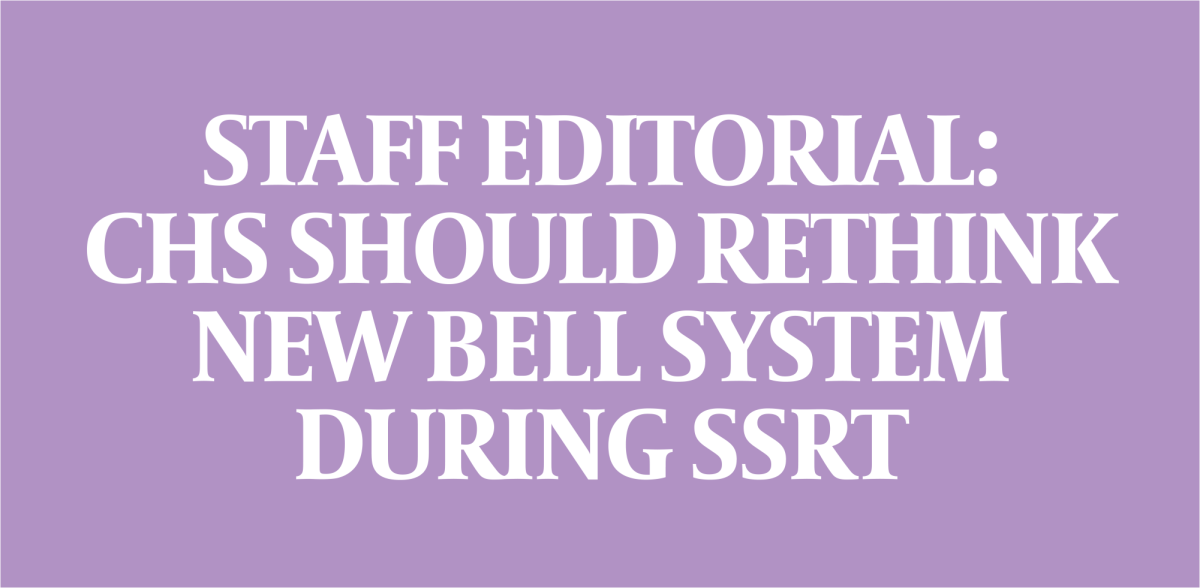


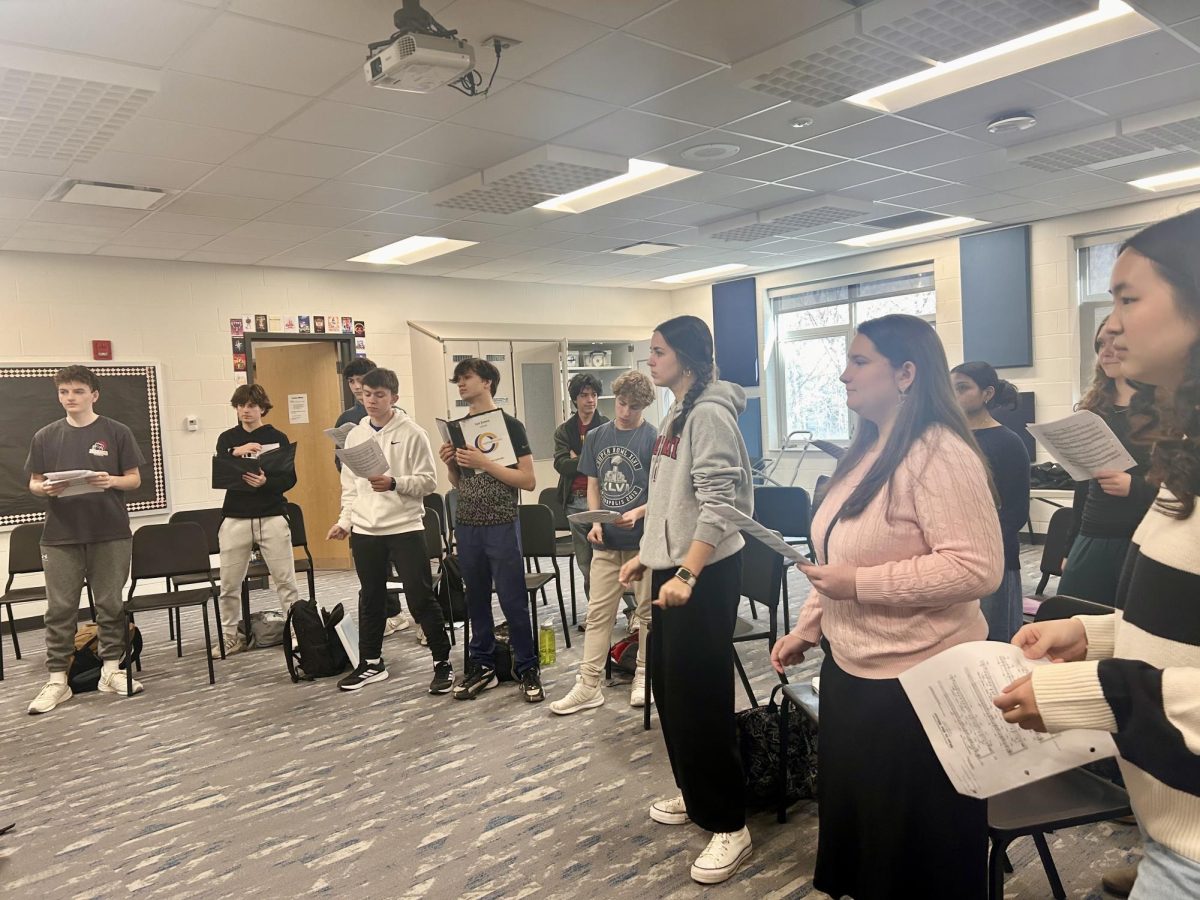

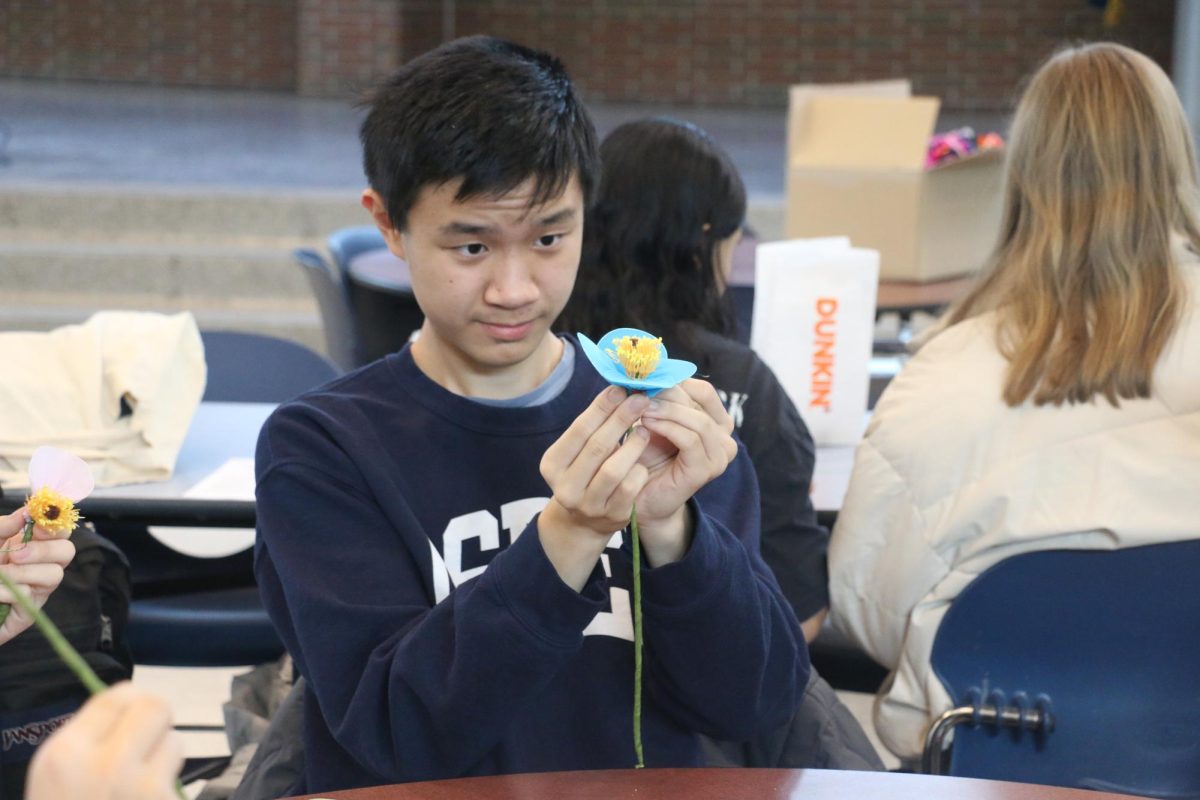




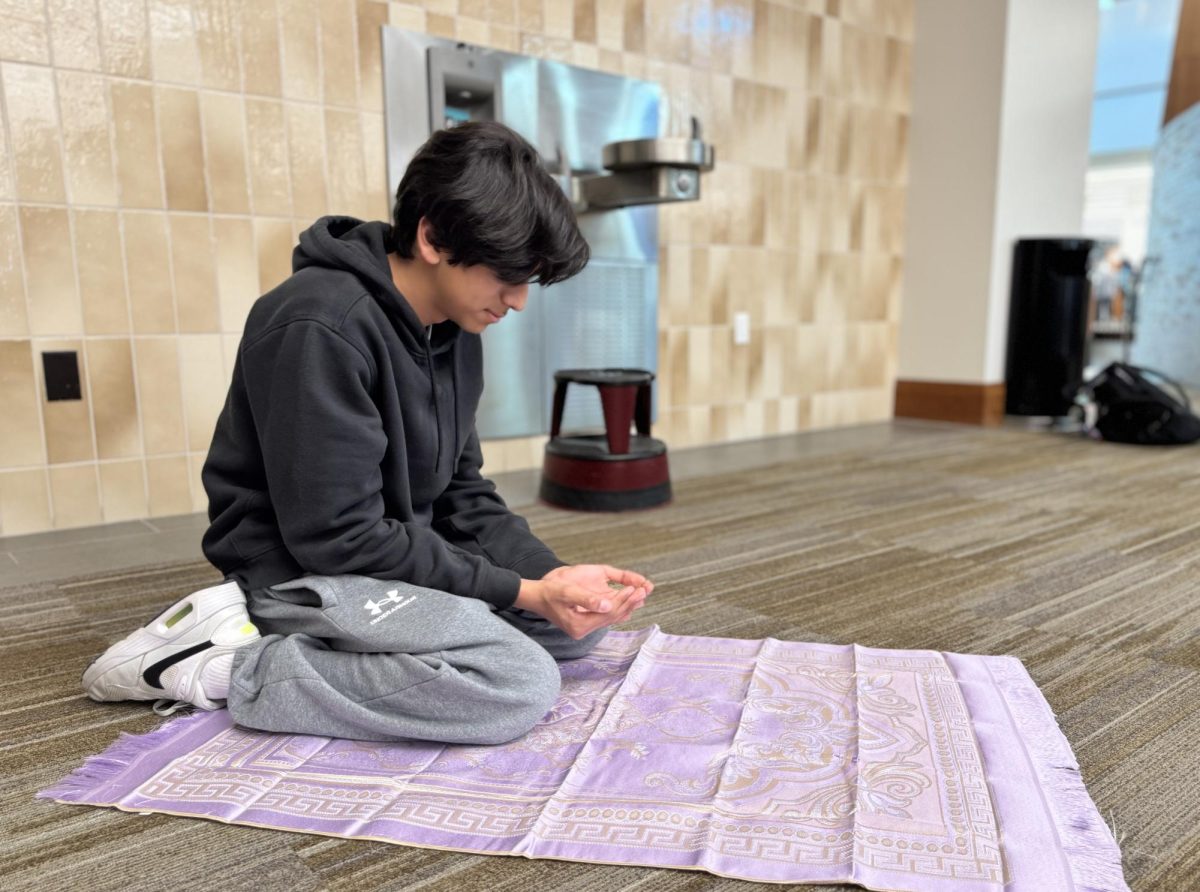





![AI in films like "The Brutalist" is convenient, but shouldn’t take priority [opinion]](https://hilite.org/wp-content/uploads/2025/02/catherine-cover-1200x471.jpg)


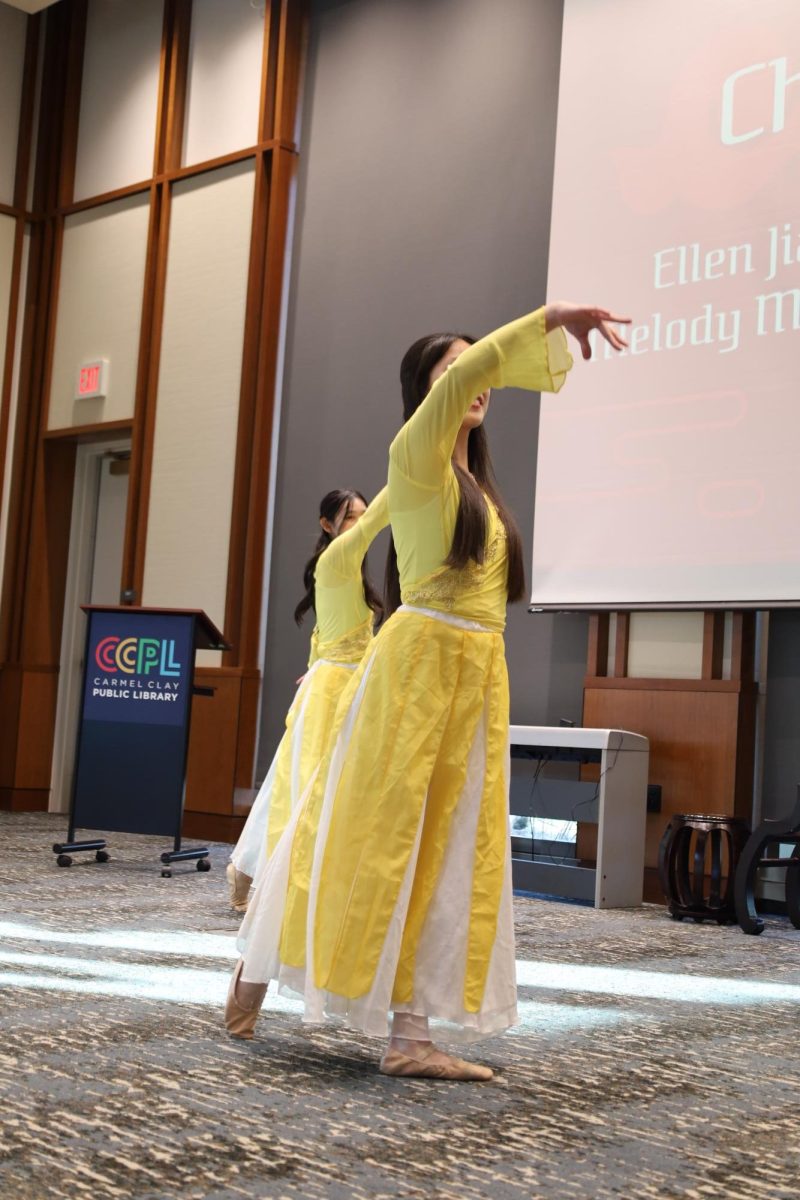










































![Review: “The Immortal Soul Salvage Yard:” A criminally underrated poetry collection [MUSE]](https://hilite.org/wp-content/uploads/2025/03/71cju6TvqmL._AC_UF10001000_QL80_.jpg)
![Review: "Dog Man" is Unapologetically Chaotic [MUSE]](https://hilite.org/wp-content/uploads/2025/03/dogman-1200x700.jpg)
![Review: "Ne Zha 2": The WeChat family reunion I didn’t know I needed [MUSE]](https://hilite.org/wp-content/uploads/2025/03/unnamed-4.png)
![Review in Print: Maripaz Villar brings a delightfully unique style to the world of WEBTOON [MUSE]](https://hilite.org/wp-content/uploads/2023/12/maripazcover-1200x960.jpg)
![Review: “The Sword of Kaigen” is a masterpiece [MUSE]](https://hilite.org/wp-content/uploads/2023/11/Screenshot-2023-11-26-201051.png)
![Review: Gateron Oil Kings, great linear switches, okay price [MUSE]](https://hilite.org/wp-content/uploads/2023/11/Screenshot-2023-11-26-200553.png)
![Review: “A Haunting in Venice” is a significant improvement from other Agatha Christie adaptations [MUSE]](https://hilite.org/wp-content/uploads/2023/11/e7ee2938a6d422669771bce6d8088521.jpg)
![Review: A Thanksgiving story from elementary school, still just as interesting [MUSE]](https://hilite.org/wp-content/uploads/2023/11/Screenshot-2023-11-26-195514-987x1200.png)
![Review: "When I Fly Towards You", cute, uplifting youth drama [MUSE]](https://hilite.org/wp-content/uploads/2023/09/When-I-Fly-Towards-You-Chinese-drama.png)
![Postcards from Muse: Hawaii Travel Diary [MUSE]](https://hilite.org/wp-content/uploads/2023/09/My-project-1-1200x1200.jpg)
![Review: "Ladybug & Cat Noir: The Movie," departure from original show [MUSE]](https://hilite.org/wp-content/uploads/2023/09/Ladybug__Cat_Noir_-_The_Movie_poster.jpg)
![Review in Print: "Hidden Love" is the cute, uplifting drama everyone needs [MUSE]](https://hilite.org/wp-content/uploads/2023/09/hiddenlovecover-e1693597208225-1030x1200.png)
![Review in Print: "Heartstopper" is the heartwarming queer romance we all need [MUSE]](https://hilite.org/wp-content/uploads/2023/08/museheartstoppercover-1200x654.png)

